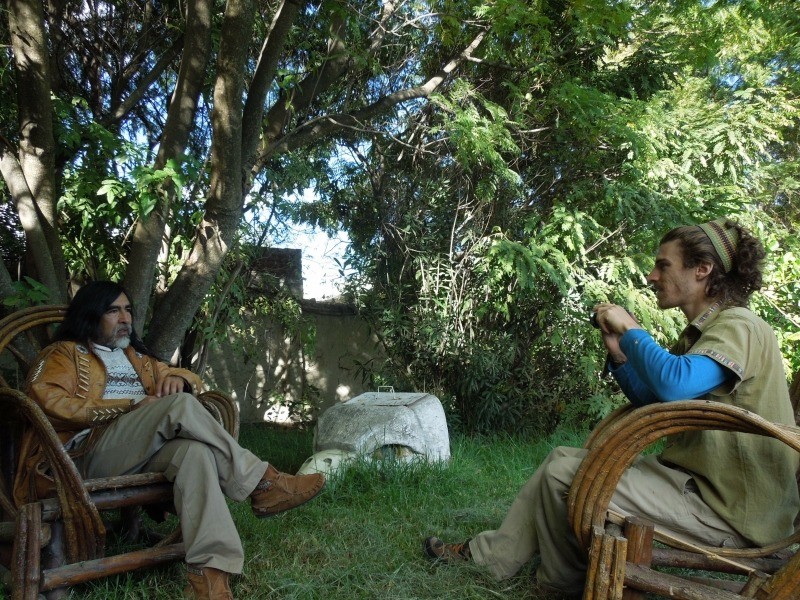Bolivia. Cochabamba: Janajpacha is an ashram and ecological destination visited by people from all around the world. Visitors can stay, cultivate, and heal during their stay. They offer what they call a “school of life” that is entirely based on indigenous ancestral teaching.
Janajpacha was founded by Chamalú who is a Quechua poet who has invested his life in this ecological reserve for the last thirty years. His teachings are based on redesigning current life models and “healing the healthy”.
Focus on healing before getting sick
In an interview with Transcontinental Times, the vice-president of Janajpacha, Wayra Espinoza, talked about how it is that people, more often than not, would prefer to see a doctor only when the signs of illness have long disrupted their lives. Instead of this model, Janajpacha proposes a model that provides healing methods and intervention before people get sick.
As a school in communion with nature and an ecological reserve, it is a community that provides a varied range of activities for people to re-learn how to interact with nature.
Chamalú: an indigenous teacher
Chamalú is an indigenous Quechua poet. He has dedicated his life to recovering and applying the ancestral traditions and knowledge of his ancestors. He built and founded Janajpacha, which means “heaven”.

COVID-19 revealed weaknesses of consumer culture disconnected from nature
Espinoza said that various members, including herself, see the pandemic as the result of a diseased model of society.
“We live in a society that needs antidepressants, prisons, and mental hospitals to prevail,” she said. “The pandemic is happening due to lack of respect for nature, and an attitude of commercializing [everything].” She also said that governments are waiting for the vaccine for a pandemic that will likely be just the first of many deadly viruses to come. She added, “What this model of society does is cover up the symptoms and does not see the causes.”
Espinoza said, “There is budget for weapons of war, and many first world countries, as they say they should be called, do not have the technology to put out fires.” That developed nations put resources toward the means to destroy but don’t prioritize wellness of the living.
The need to differentiate between objects and sentient beings
Espinoza said their objective is to put life above all other interests. Janajpacha is interested in supporting critical thinking so people can learn to live from an informed ethic, that is committed to ecology, health, and leadership. She added, “An engineer sees the environment; we see living creatures. People need to learn to differentiate flowing from meandering, wasting from prospering, being from pretending.”
She said that both the foundation and guiding principle of Janajpacha is that in the face of so many people who are destroyed, with no creativity, no path, and not knowing why they wake up each day, at least here, they can at least begin to inhabit the fullness of their humanity.



